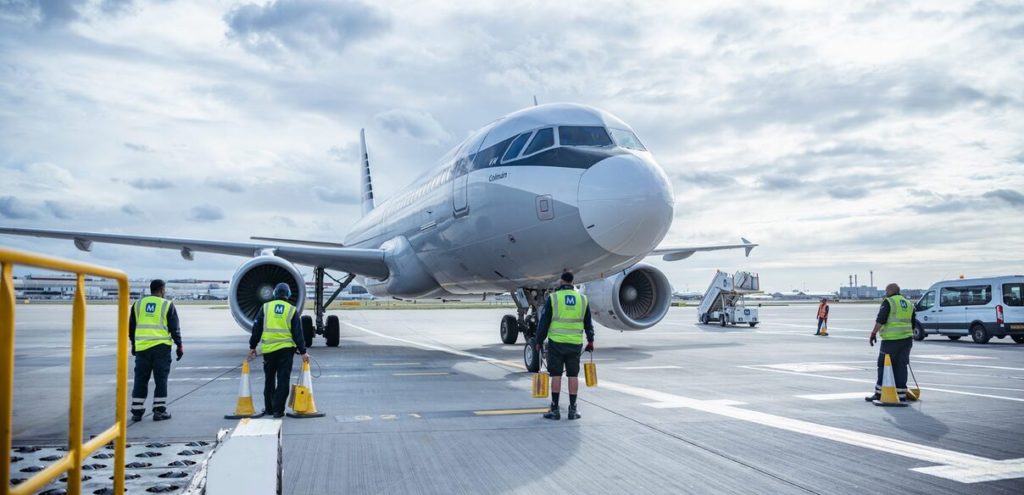The International Air Transport Association (IATA) announced that the 35th IATA Ground Handling Conference (IGHC) will focus on fostering technology to improve safety, operational efficiency, and sustainability.
IGHC is taking place in Abu Dhabi, 16-18 May 2023, with Etihad Airways acting as the host airline.
“Passenger and air cargo traffic are close to pre-pandemic levels. Efficient ground operations are essential to meet the scaling-up of demand.”
“Unfortunately, the ground handling sector continues to face operational, recruitment and retention challenges following the greatest aviation downturn in history.”
“This year’s IGHC will explore how these can be overcome and how technology can be implemented to improve efficiency, increase compliance with global standards and improve safety and environmental performance,” said Monika Mejstrikova, IATA’s Director of Ground Operations.
Antonoaldo Neves CEO, Etihad Airways, will deliver an Opening Keynote Address. “We are delighted to host the 35th IATA Ground Handling Conference and welcome the aviation industry to our home, Abu Dhabi.”
“The aviation industry is a complex and interconnected ecosystem with collaboration at its heart. The conference will allow industry leaders to join forces and discuss implementing global standards and adopting new technologies while ensuring customer safety as the top priority,” said Neves.
Technology advances and ground handling operations
Ground handling services play a crucial role in the safe and efficient operations of commercial airlines at airports. With the advancements in technology, various technological solutions are being employed to improve the effectiveness and efficiency of ground handling services.
One significant area of technology adoption in ground handling services is the use of digital platforms and software solutions.
These solutions help automate and streamline various processes, including flight scheduling, baggage handling, check-in, boarding, and departure.
For example, airports are increasingly using digital check-in kiosks and self-baggage drop systems, which not only reduce queues and wait times but also enhance the overall passenger experience.
Another technology being employed is Radio Frequency Identification (RFID) technology, which enables real-time tracking and monitoring of luggage and cargo.
RFID tags can be attached to luggage, allowing ground handlers to track its location, status, and route. This technology also helps reduce the incidence of lost or misplaced luggage, enhancing customer satisfaction.
In addition to this, ground handling services are also leveraging the Internet of Things (IoT) to enable better communication and coordination among different service providers, including airlines, ground handling companies, and airport authorities.
IoT-enabled devices and sensors can provide real-time data on airport and aircraft operations, helping ground handlers make informed decisions and respond to operational challenges quickly.
Moreover, artificial intelligence (AI) and machine learning (ML) are also being employed in ground handling services to improve efficiency and accuracy.
AI algorithms can predict the arrival and departure times of flights and optimize the allocation of resources, including personnel and equipment, accordingly. This helps reduce delays and improves the overall turnaround time of aircraft.
Autonomous vehicle systems are also coming to the fore. Indian airlines such as Air India are progressively introducing driverless aircraft ground taxi vehicles.
The use of the semi-robotic TaxiBot aircraft ground handling vehicle has the benefit of reducing overall operational emissions by cutting out the need for the aircraft to use its own engines during the taxi procedure.
Summary
Reinvigorated air travel demand in the post-pandemic era as revealed weaknesses in airport and airline processing procedures. The ground handling sector as being one of several process areas under scrutiny.
Technology is playing an increasingly significant role in increasing the overall efficiency of ground handling services for commercial airline operations at airports.
Digital platforms, RFID, IoT, and AI/ML solutions are amongst the initiatives being employed to automate processes, enhance efficiency and accuracy, and improve the overall passenger experience.









